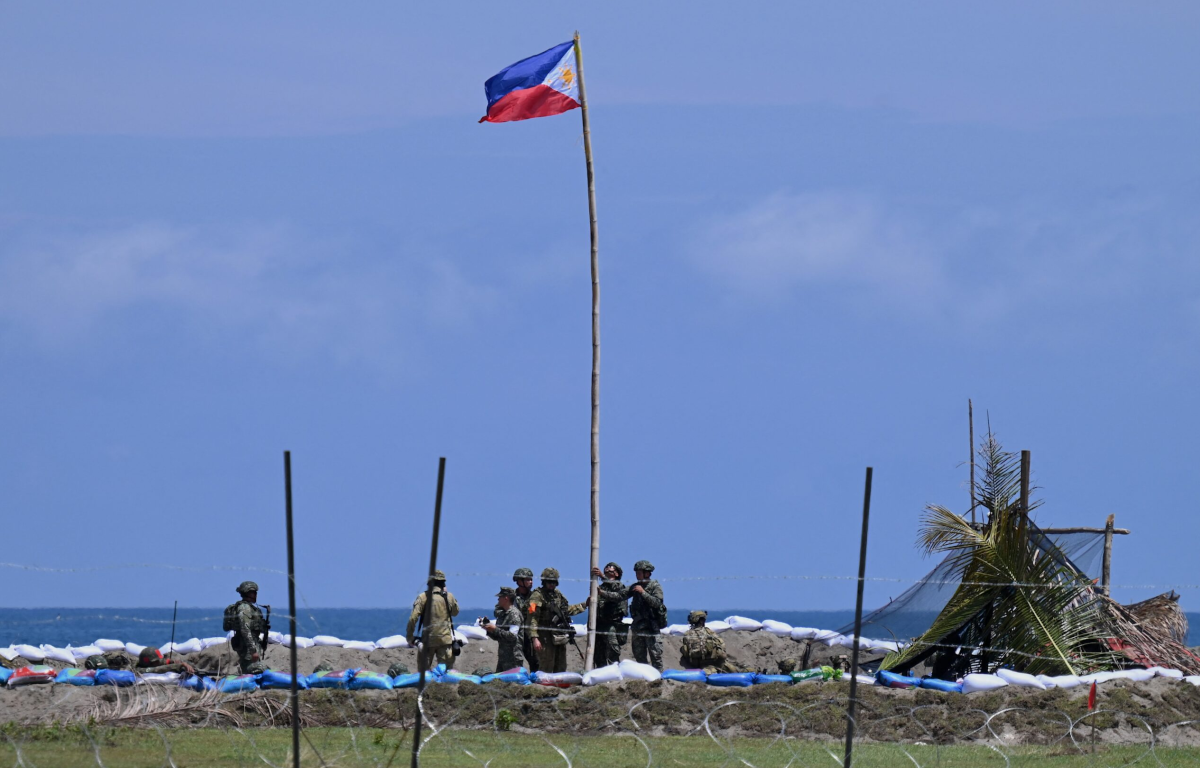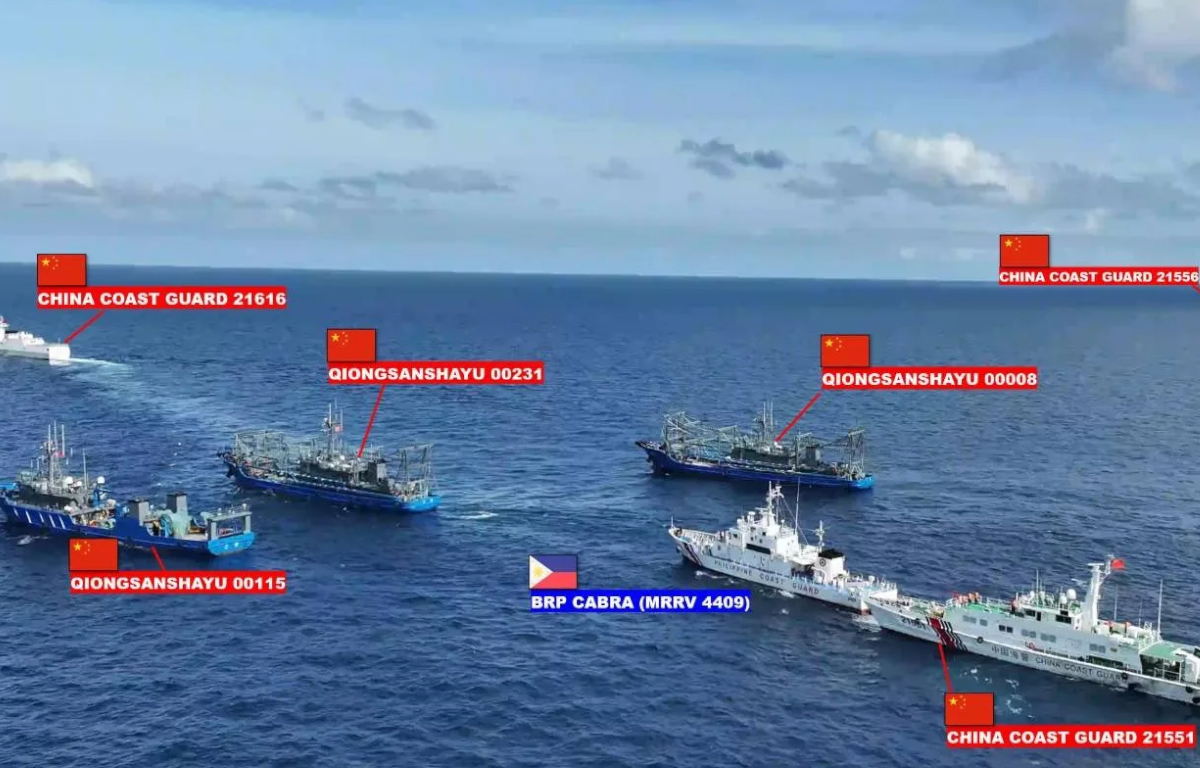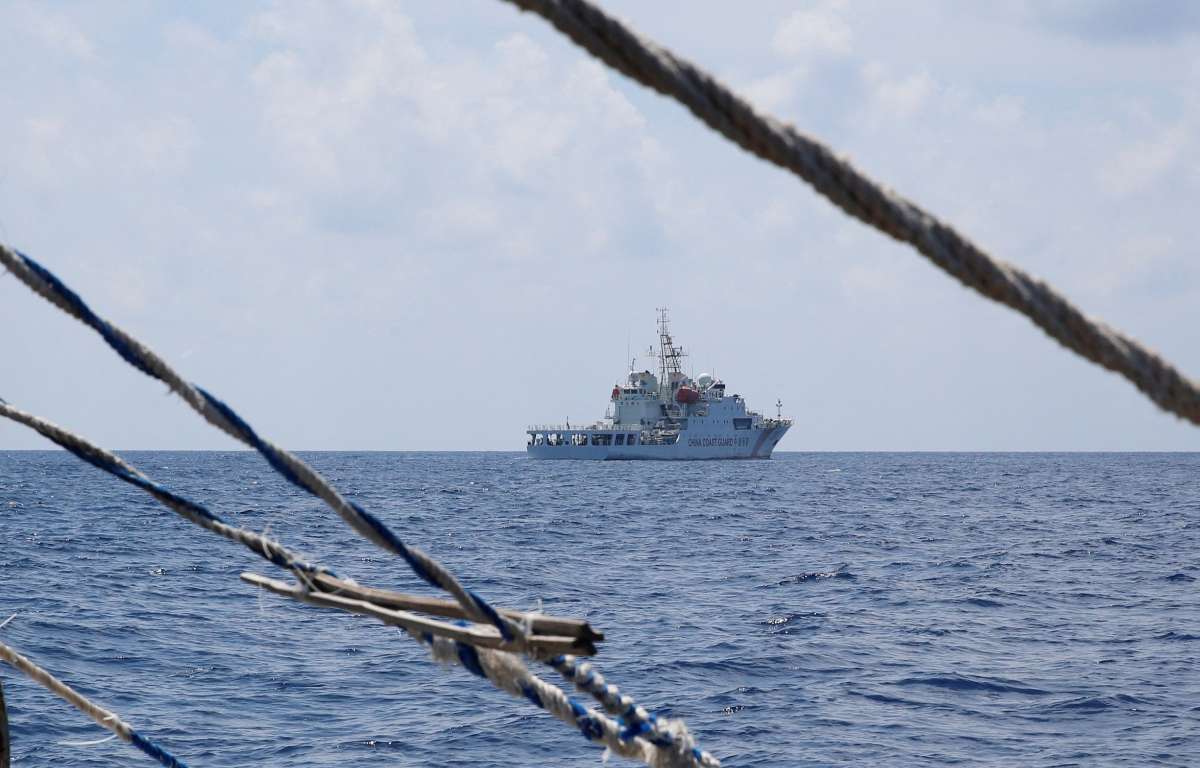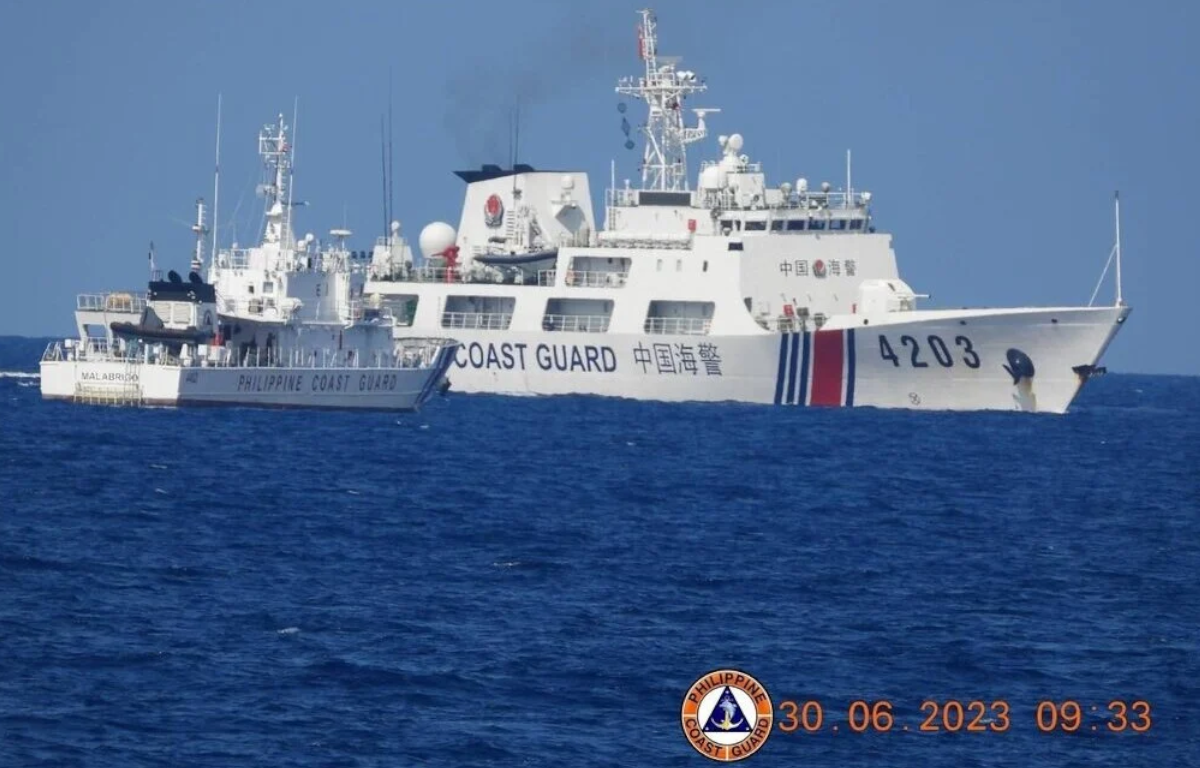
Japan and the Philippines share a historical relationship that dates back to pre-modern times. However, it’s the aftermath of World War II that significantly shaped their contemporary ties. The devastation caused by the war led to the establishment of a new world order, and Japan emerged as a key regional player with a focus on economic recovery and growth. This period marked the beginning of a new era in Japan-Philippines relations, characterized by economic cooperation and development assistance.
Japan’s security engagement with the Philippines has been intertwined with economic and development cooperation. The Philippines has been a beneficiary of Japan’s Official Development Assistance (ODA) program, which has contributed to the country’s infrastructure development, human resource enhancement, and poverty reduction initiatives. This economic partnership has not only strengthened bilateral ties but has also indirectly supported the Philippines’ security by promoting stability and prosperity.
Given their geographic proximity, maritime security is a crucial area of cooperation between Japan and the Philippines. Both countries have shared concerns about maritime challenges, including piracy, maritime territorial disputes, and the freedom of navigation. Through dialogues, joint naval exercises, and capacity-building programs, Japan has assisted the Philippines in enhancing its maritime security capabilities. This collaboration not only addresses immediate security concerns but also fosters trust and goodwill between the two nations.
Japan’s security engagement with the Philippines intersects with the complex dynamics of the South China Sea. The Philippines has territorial disputes with China in this region, and Japan, while not a direct claimant, has its own interests in ensuring freedom of navigation and adherence to international law. Japan’s support for a rules-based order in the South China Sea aligns with the Philippines’ stance and contributes to regional stability.
Natural disasters are a recurring challenge for countries in the Asia-Pacific. Japan’s experience in dealing with disasters has led to collaborations in Humanitarian Assistance and Disaster Relief (HADR) efforts with countries like the Philippines. The ability to provide swift assistance during calamities not only underscores Japan’s commitment to the Philippines’ security and well-being but also showcases the depth of their strategic partnership.
The trajectory of Japan’s security engagement with the Philippines is likely to be shaped by several factors. As regional security dynamics evolve, Japan may further strengthen its strategic ties with the Philippines through defense cooperation agreements, intelligence sharing, and joint counterterrorism efforts. Additionally, economic interdependence will continue to play a significant role, with Japan’s investment in the Philippines contributing to both nations’ security by promoting economic growth and stability.
Japan’s security engagement with the Philippines is a testament to the multifaceted nature of modern diplomatic relations. From economic cooperation to maritime security collaboration and shared regional concerns, their partnership extends beyond traditional security frameworks. As both countries navigate the challenges and opportunities of the 21st century, their commitment to each other’s security and prosperity remains a cornerstone of their enduring relationship.










Share this: